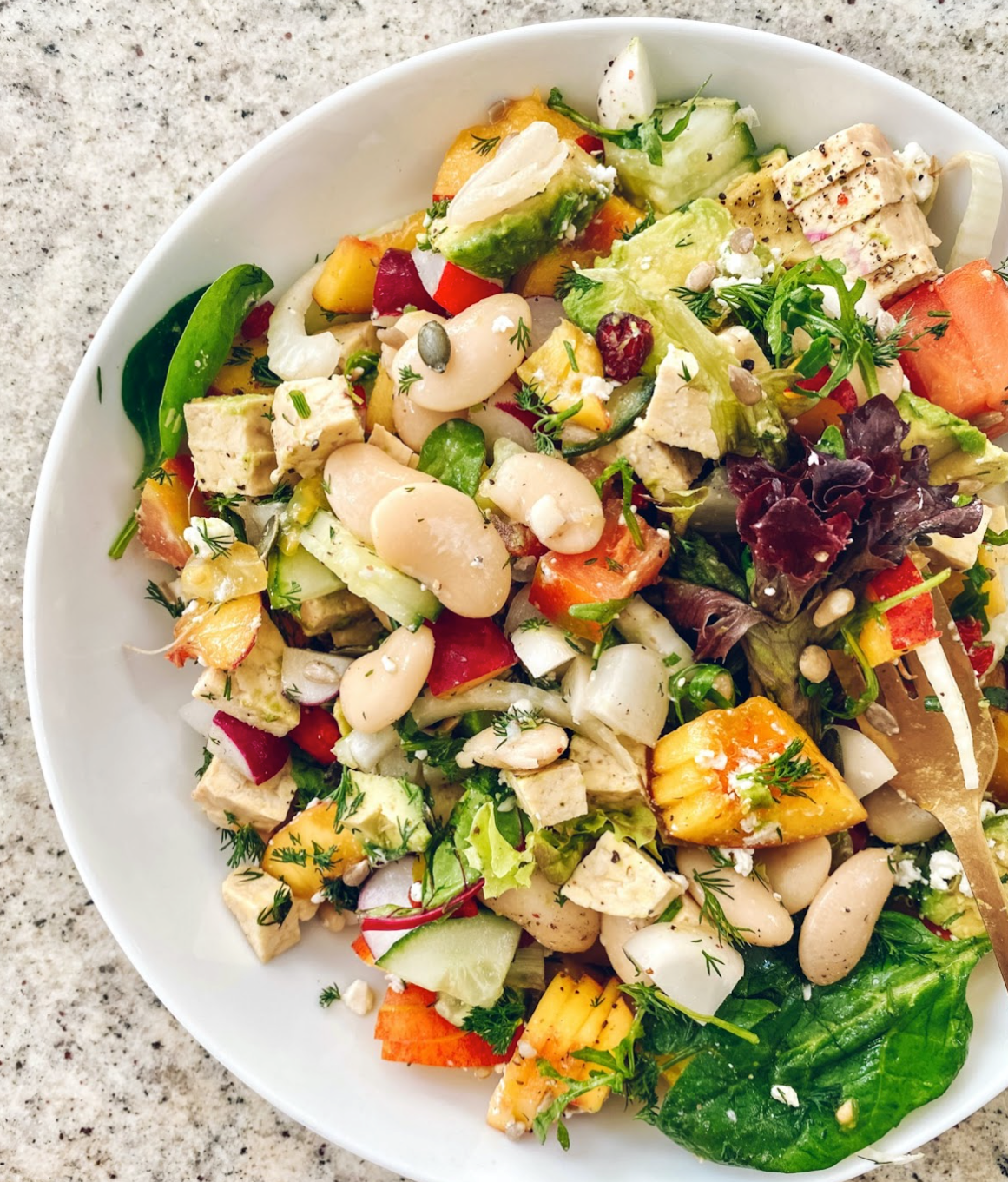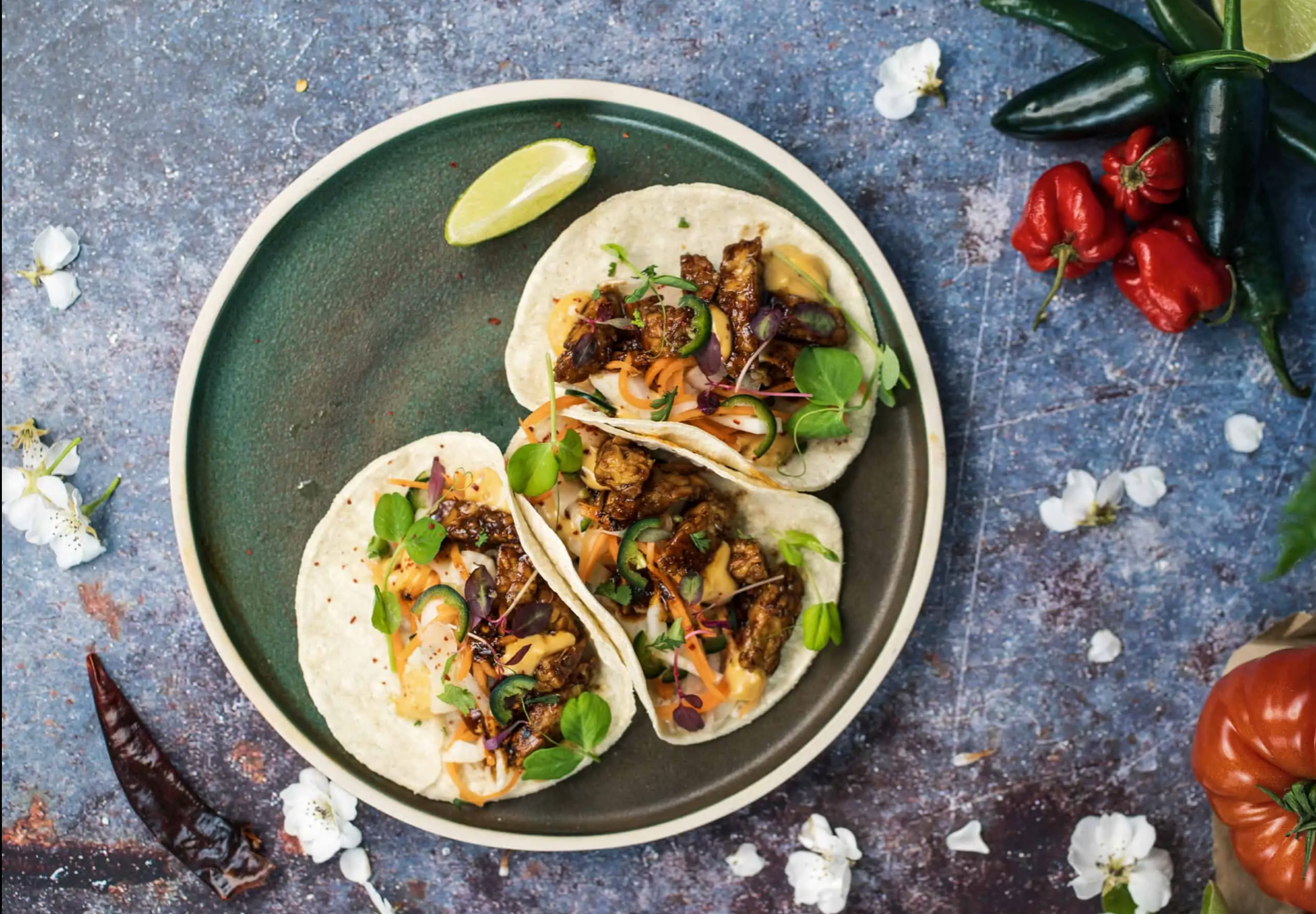
Dieting vs intuitive eating
At the core of Kurami is an understanding of the way in which the food we eat impacts everything from our gut health, digestion, mental health and cognitive behaviour. This is why we are passionate in our mission to promote whole, nutrient dense foods in order for our clients to feel their best.
Not only this, but an understanding of the positive thoughts that we should all have around food, using it as a resource to nourish and nurture our bodies, and not one we should be afraid of. This International No Diet Day, we want to help shift the paradigm of food being the enemy, thoughts of restriction and negative feelings towards food.
Intuitive eating is a concept that makes you the expert of your body cues and steers clear of any food-related rules popularised by diet culture. It is a long-term approach, as it can require quite some time to unlearn the behaviours and thought patterns related to dieting. However, by doing so, you are able to adopt a more sustainable way of living.
Why is intuitive eating better than a quick-fix diet?
- Intuitive eaters have a lower body mass index, while eating more diverse, yet balanced diets, despite Intuitive Eating going against all food rules, including the prohibition of certain foods.
- Intuitive eating benefits mental health, as intuitive eaters are happier, more socially integrated and resilient. All of this down-regulates stress and reduces inflammation.
- Intuitive eaters experience lower frequency of bingeing episodes and loss-of-control eating, while their body appreciation, positive emotional functioning and general life satisfaction has been shown to increase.
- Women scoring high on an Intuitive Eating scale have lower blood fat levels and a reduced risk of heart disease, compared with women who score low.
- Intuitive eaters are more motivated to exercise when focus is on enjoyment, rather than guilt or appearance.



